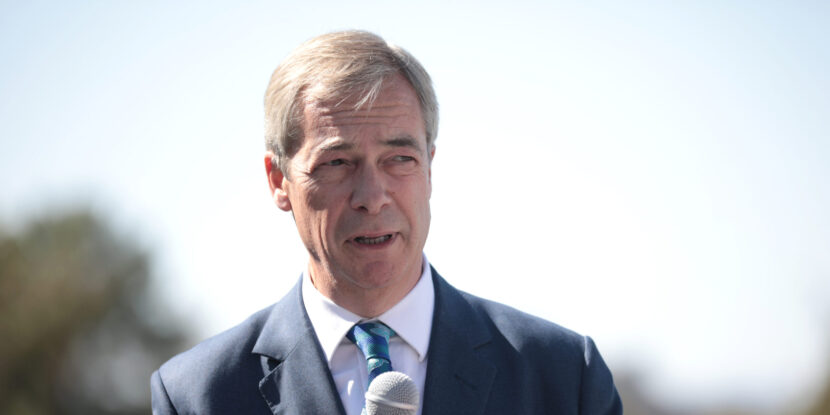❓WHAT HAPPENED: Former Florida Governor and Republican presidential hopeful Jeb Bush praised President Donald J. Trump’s Operation Epic Fury against Iran, calling it a “noble cause.”
👤WHO WAS INVOLVED: Jeb Bush, President Trump, Grand Ayatollah Ali Khamenei, U.S. and Israeli forces, and the United Against Nuclear Iran (UANI) organization.
📍WHEN & WHERE: The U.S.-Israeli strikes began early Saturday, with statements released through Monday. The war encompasses Iran, Israel, the U.S., and U.S. allies in the Middle East.
💬KEY QUOTE: “The President’s message to the heroic Iranian people is a message from all Americans: we aim to see Iran free, prosperous, and at peace. This is their time to take their great country back.” – Jeb Bush
🎯IMPACT: The war had already resulted in the death of Iran’s Supreme Leader, Grand Ayatollah Ali Khamenei.
Former Florida Governor and Republican presidential hopeful Jeb Bush praised former adversary President Donald J. Trump this week for launching Operation Epic Fury, a joint U.S.–Israeli military campaign targeting Iran’s leadership and missile and nuclear infrastructure. Bush called the mission a “noble cause” and urged leaders in both parties to support it. The strikes reportedly resulted in the death of Iranian Supreme Leader Ali Khamenei.
In a video released by United Against Nuclear Iran (UANI), Bush described the campaign as “an incredible moment in history.” He later shared the video on X, writing, “I recorded a special video message with [UANI’s Mark D. Wallace] applauding [Donald Trump’s] historic Operation Epic Fury and calling on all American leaders from both parties to unite behind a noble cause: freedom for the great people of #Iran.”
“The President’s message to the heroic Iranian people is a message from all Americans: we aim to see Iran free, prosperous, and at peace. This is their time to take their great country back,” Bush said.
Bush, a former UANI chairman and longtime advocate of U.S. intervention in the Middle East, reiterated his warning that Tehran’s nuclear ambitions pose a serious threat to American security. He argued that past military actions in the region were “necessary to reassert American strength” and suggested that decisive action now could prevent further destabilization.
Secretary of War Pete Hegseth has said the campaign will not become an endless conflict, describing it as a “laser-focused” effort to dismantle the regime’s military and nuclear capabilities and key command structures. However, Trump has declined to rule out deploying U.S. ground troops if conditions warrant it. “I don’t have the yips about it,” he said when asked about the possibility of “boots on the ground,” signaling that all options remain on the table depending on Iran’s response.
Join Pulse+ to comment below, and receive exclusive e-mail analyses.











